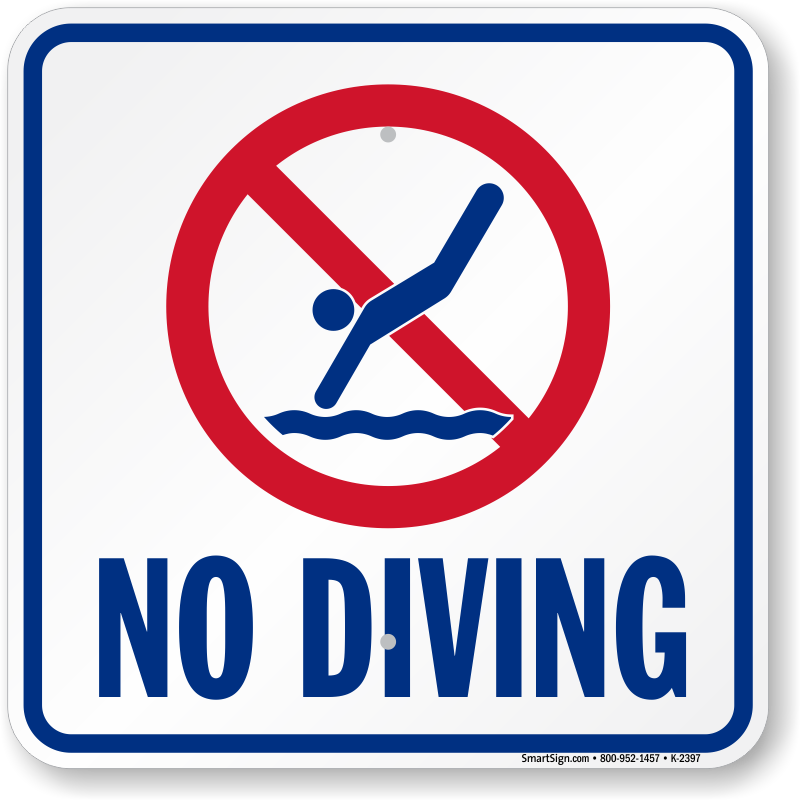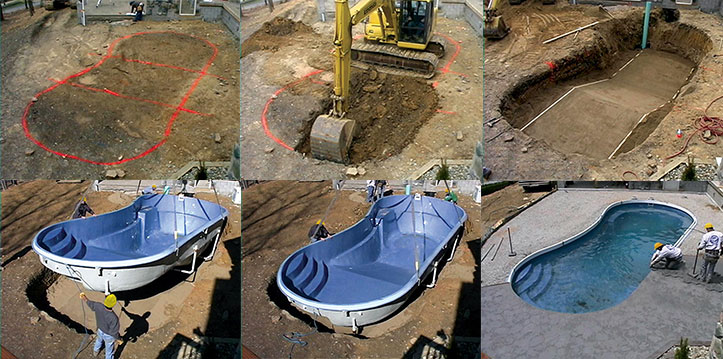Your backyard swimming pool can be a source of endless hours of fun and entertainment. As with any outdoor activity, however, there are rules that must be followed to ensure the safety of all pool users. One of the most important of these guidelines pertains to how you enter the pool. While some backyard pools include a deep end, they are not designed for diving, as a rule, when swimming in a backyard pool, into the water feet first.
That may mean walking down the stairs or jumping in with their feet leading the way. But whatever method they choose, it should not involve a headfirst entry. Diving, especially into a shallow pool, brings with it the risk of injury to the face, head, neck, and spine. It’s especially important to enter feet first when you are swimming in a particular pool for the first time. What may look like deep water can actually be an optical illusion, leading you into thinking it’s safe to dive.
Tips for Ensuring Safe Pool Entry
The temptation to dive into a pool can be strong. Ensuring that people refrain from doing so requires continued attention and frequent reminders. Here are some things to keep in mind regarding pool safety and a “feet first” attitude:
- The feet first rule should apply to built-in slides as well. Colliding headfirst with another swimmer, an object floating in the pool, etc. when shooting off of the slide can cause injury.
- A reminder to guests that “We ask that there be no diving,” is a great wa
 y to start every swim session.
y to start every swim session. - Pool supply companies have many types of “No diving” and “Feet first” signs that you can post near your pool to reinforce the rule.
- Even feet first entries should be executed with caution. Swimmers should not be allowed to “run and jump” into the pool, as a slip on the pool deck can be painful. And, too much momentum can result in striking other swimmers, the opposite side of the pool, ladders, etc. unexpectedly.
- Regardless of a pool’s depth, swimmers should NEVER be allowed to dive in. Diving off of the top of a slide, poolside furniture, a balcony, the shoulders of another swimmer or even a diving board, etc. is extremely dangerous.
- If a pool event involves alcohol, guests may tend to forget the “no diving” rule. Be extra vigilant under those circumstances.
- Ideally, it’s best not to swim alone. But if you do, it’s critical that you enter the pool feet first, as you have no one to come to your aid if you are injured by diving.
- You should always have the appropriate first aid supplies on hand.
Feet First for Fun
Having provided the list of cautions above, we emphasize again that swimming is a very safe activity when undertaken properly. It’s just a matter of ensuring that people practice what they’ve learned in Pool Safety 101: Feet First!
Disclaimer: While Latham Pools has over six decades of experience in the pool industry, we are not safety or legal experts and this blog is not intended as professional legal advice. The opinions and specifications are not Latham’s, but from pool safety websites and authorities. Please be sure to check your local laws and when in doubt, adhere to the most restrictive laws for your area







Join the discussion